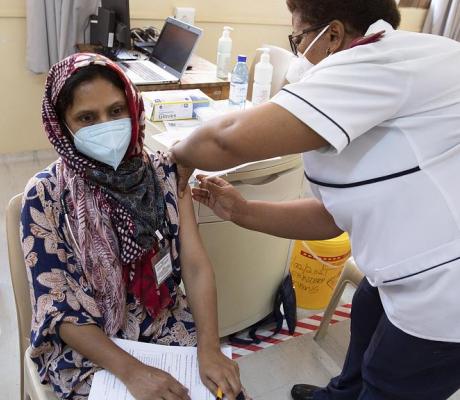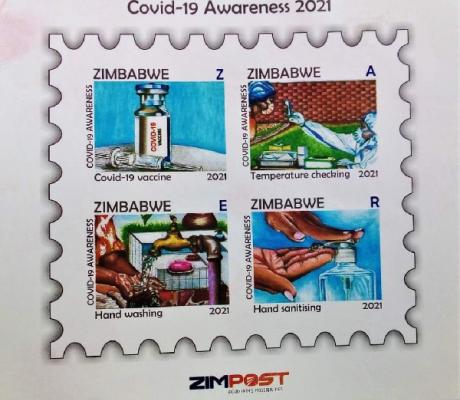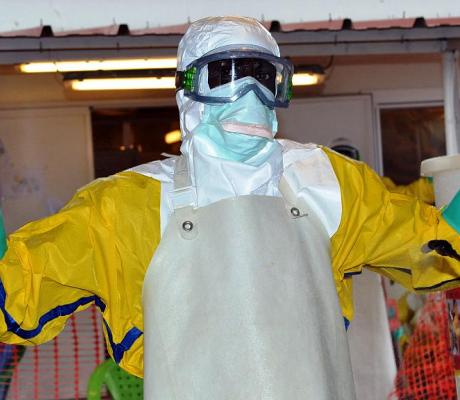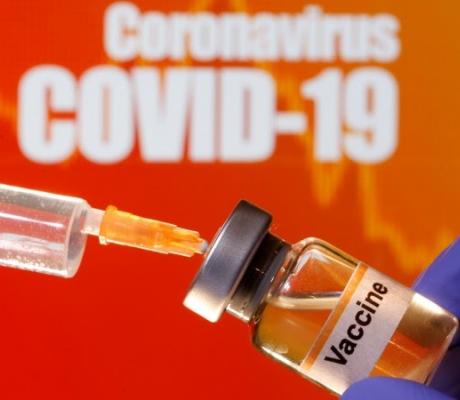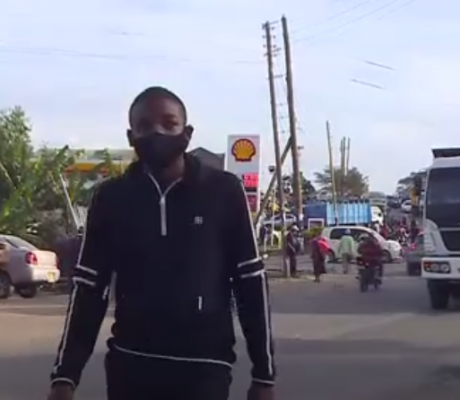South Africa has become a COVID-19 model for the continent in many ways since it confirmed its index case on 5th March, 2020. From the area of testing through to record number of recoveries, South Africa has been praised for pro-activeness in combating the virus.
The economic intervention measures rolled out by President Cyril Ramaphosa has also been classed as one of the most comprehensive across the continent. South Africa was one of the earliest to roll out such measures.
Challenges have been recorded in the area of enforcing the three-week lockdown which was augmented by two weeks. Spike in cases at certain points and incidents of shoplifting and increase in domestic violence cases have all been headaches Pretoria continues to deal with.
That President Ramaphosa is also the current Chairperson of the African Union, AU; means he has the delicate task of juggling national tasks withe the continental as Africa seeks global support to combat the pandemic.
Key statistics as at May 12, data from National Institute For Communicable Diseases, NICD
The total number of confirmed cases = 11,350
The total number of tests so far = 369,697
Total death toll = 206
Total recoveries = 4,357
Most impacted provinces = Guateng, Western Cape, Eastern Cape, Kwa Zulu-Natal
US donates ventilators
The U.S. government is donating “up to 1,000” ventilators to South Africa to help the country respond to COVID-19 as the Trump administration addresses criticism that it hasn’t done enough for countries in need.
“South Africa is the first country in the world to receive this state-of-the-art equipment” from the National Security Council and USAID, the U.S. Embassy said in a tweet. Last week, however, Mexico said it received a U.S. shipment of 211 ventilators as part of aid promised by President Donald Trump.
The U.S. soon will make similar donations to countries around the world, according to embassy officials. South Africa has the most confirmed coronavirus cases in Africa with more than 11,300, including more than 200 deaths. Virus cases across the 54-nation continent are now above 66,000.
For weeks, U.S. officials have indicated that the virus crisis at home has delayed the shipment of crucial medical equipment to other countries.
But in recent days the Trump administration has been making plans to ship some 8,000 of the breathing machines to foreign countries by the end of July. The White House has not said how many have been shipped, and it’s unclear if some nations would pay for the ventilators, which cost $5,000 to $30,000, depending on the model.
Trump has spoken with the leaders of South Africa, Ethiopia, Nigeria and Kenya in recent days about the pandemic. “Nigeria just called. We’re giving them 250 ventilators,” Trump said last week. In a tweet, he said Ethiopia also had asked for the machines.
Africa has some of the world’s weakest health systems, and experts have warned they would be rapidly overwhelmed by the virus. African countries have joined forces with each other and the private sector to compete with richer countries around the world for scarce medical equipment, including badly needed testing kits.
Some African nations also are turning to manufacturing needed equipment themselves, a development that could help speed up industrialization of a continent that has long imported much of its medicines and other health items from abroad.
The U.S.-produced ventilators donated to South Africa are valued at $14 million, and with accessories, service plans and shipping the total donation is worth $20 million, the U.S. Embassy said in a statement Tuesday.
The donation brings the total U.S. government financial support to South Africa’s COVID-19 response to more than $41 million, according to the statement.
Source: africanews.com



